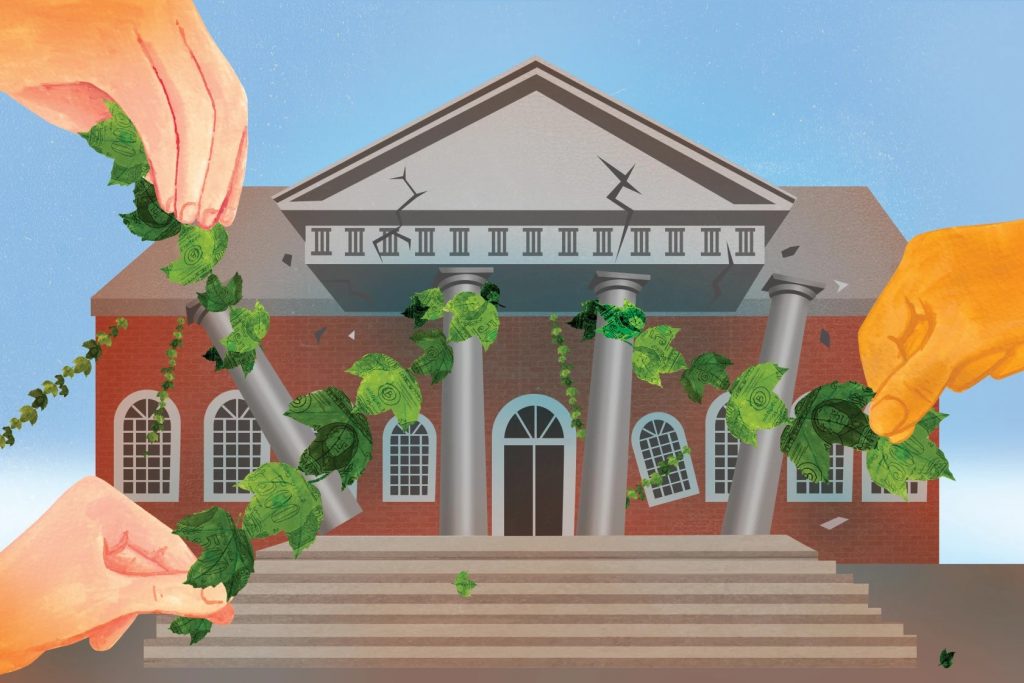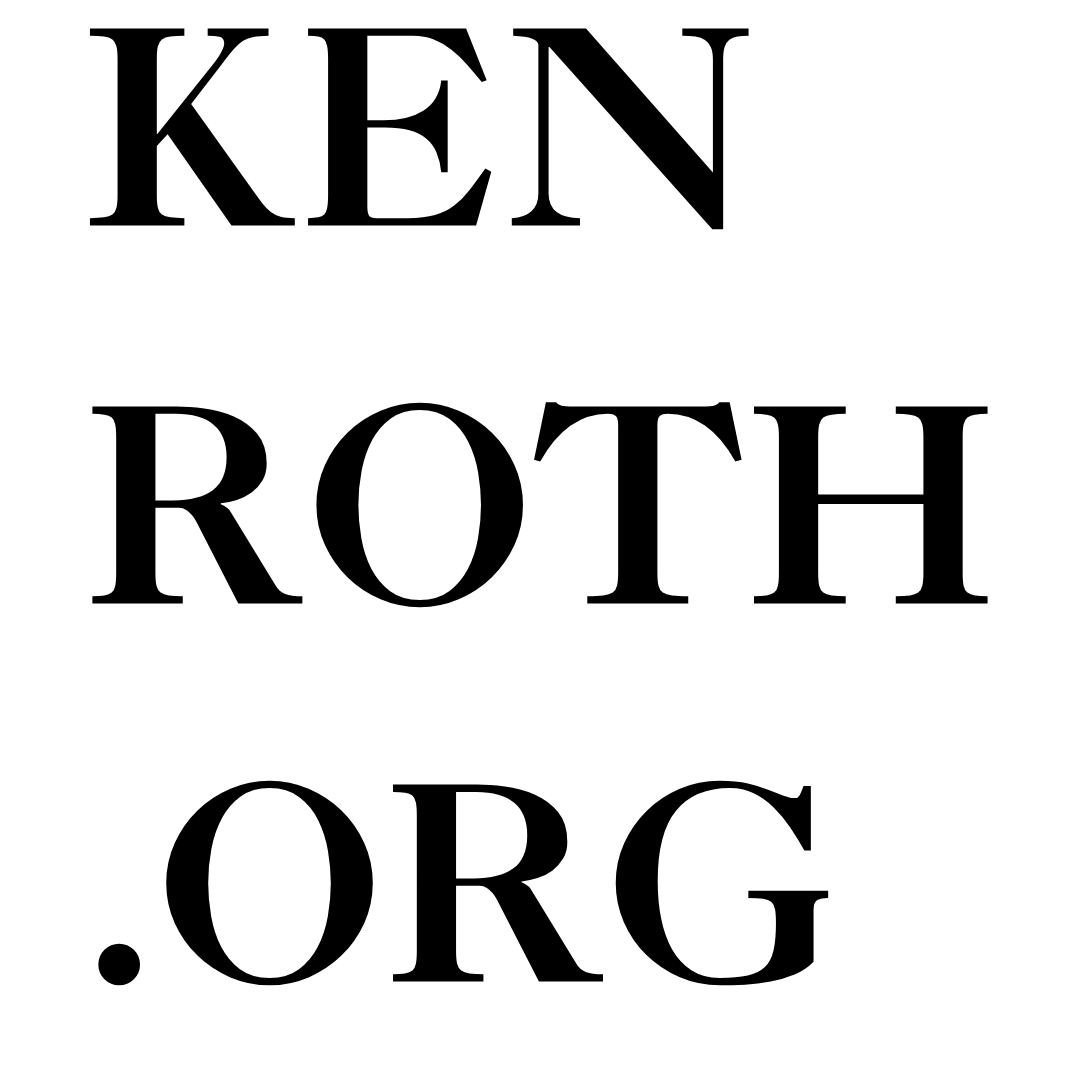Nonprofit leaders, academics, and funders weigh in on donor influence and free-speech politics, following the resignation of Penn President Liz Magill

The resignation of University of Pennsylvania President Liz Magill, under apparent pressure from donors, has sparked a debate about donor influence — not just in higher education but in the nonprofit sector more broadly.
Magill’s resignation followed a congressional hearing last week regarding antisemitism on campuses, in which Magill and the presidents of Harvard and MIT came under harsh criticism — and went viral — for their responses to questions about whether calling for the genocide of Jews would violate their schools’ codes of conduct on bullying and harassment.
Many have criticized the University of Pennsylvania for caving to donor demands, while others suggest donors have a responsibility to express their concerns and pull their funds when they disagree with an institution’s approach.
The Chronicle of Philanthropy asked nonprofit leaders, academics, and donors to weigh in on the controversy. Do the recent campus events signal that nonprofits are responsive to donors — or that donors have too much power? What does the shift mean for nonprofits of all types and sizes? And what should leaders do to prepare for whatever happens next?
[…]
At Human Rights Watch, which I directed for nearly three decades, we understood the importance of ensuring that donors did not compromise the integrity of our investigations and reporting. On the one hand, the need to attract donors kept us on our toes. We had to demonstrate impact sufficient to justify their investment. On the other hand, we drew lines to ensure that donor pressure did not compromise our work.
For example, we had a strict rule against accepting funds, directly or indirectly, from any government. The core purpose of Human Rights Watch is to monitor and, as needed, criticize governments. We couldn’t do that effectively if we worried that a government might retaliate by cutting our funding. We had similar conflict-of-interest rules against gifts from donors who might be officers or directors of companies on which we reported as well as their direct competitors.
For university presidents, that line should be drawn at any gift, or donor, that would undermine the freedom of faculty and students to comment on the world. A defense of academic freedom should be a foundational principle of any university. Allowing donors to censor professors or students would be akin to Human Rights Watch letting donors dictate its reporting. No leader of either institution should permit donors to cross that line.
But in recent years, universities have effectively invited such donor meddling by commenting on certain world affairs as institutions — not as members of the faculty or student body but in the name of the university as a whole. The move was typically well-intentioned — to express concern about a global development that was disturbing to students. But it encouraged donor pressure.
What donors would not want the imprimatur of a prestigious university behind their views? It was then a short leap from donor pressure shaping this external commentary to donor pressure to silence faculty or student expression that the donor disliked, as the University of Pennsylvania’s former president, Liz Magill, faced for allowing a Palestinian literary festival in September. That violates academic freedom.
But we should recognize that universities share part of the blame for this evolution. As recommended by the University of Chicago’s 1967 Kalven Report, university leaders should get out of the business of commenting on global affairs. That would deny donors an obvious target of pressure and better enable universities to defend the right of faculty and students to engage in such commentary without donor interference.
University leaders should still protect the university community from intimidation, harassment, or violence (though not from comments that merely make students uncomfortable, since universities should be preparing students to address uncomfortable issues). But university leaders should refuse, on their own or under donor pressure, to discipline or silence faculty or students for exercising their academic freedom.
[…]
IMAGE DESCRIPTION: Ellen Weinstein for The Chronicle
This article was written by Kenneth Roth and published by The Chronicle of Philanthropy on December 15, 2023. You can read the full version of the article here philanthropy.com.
